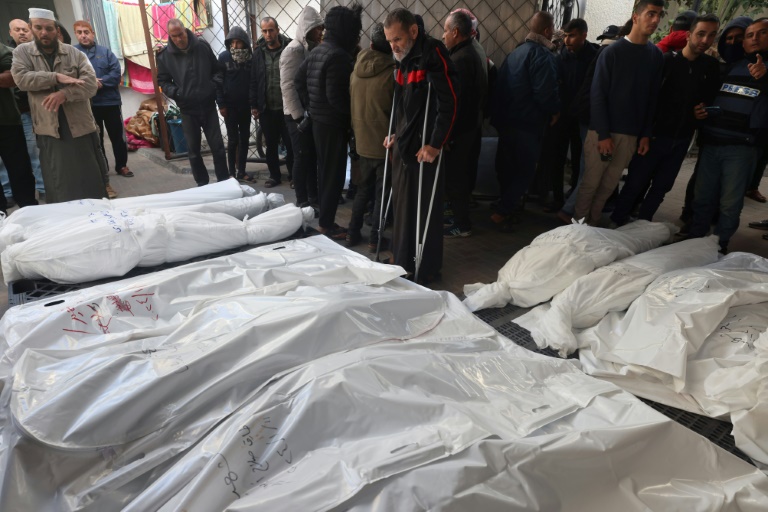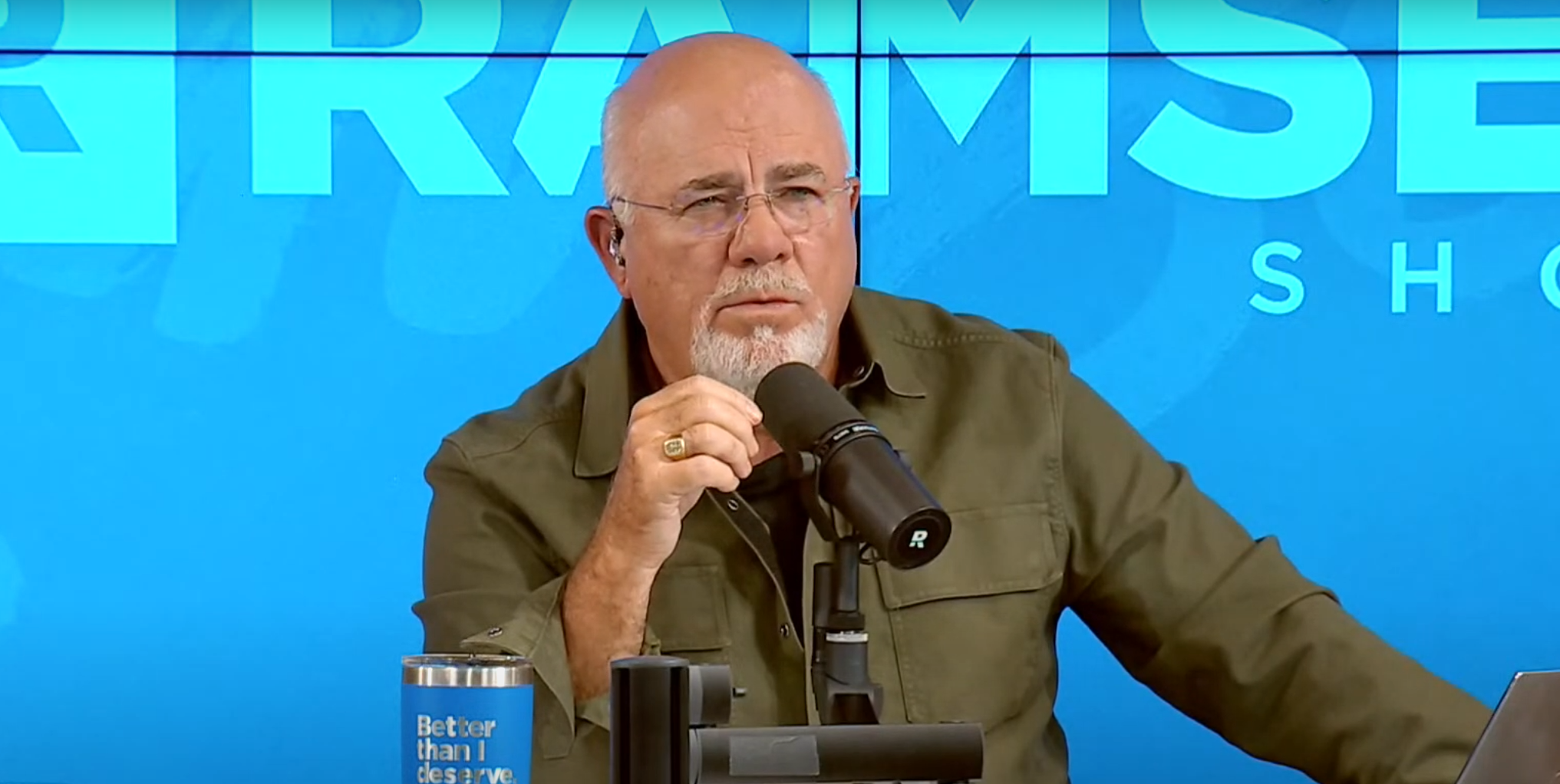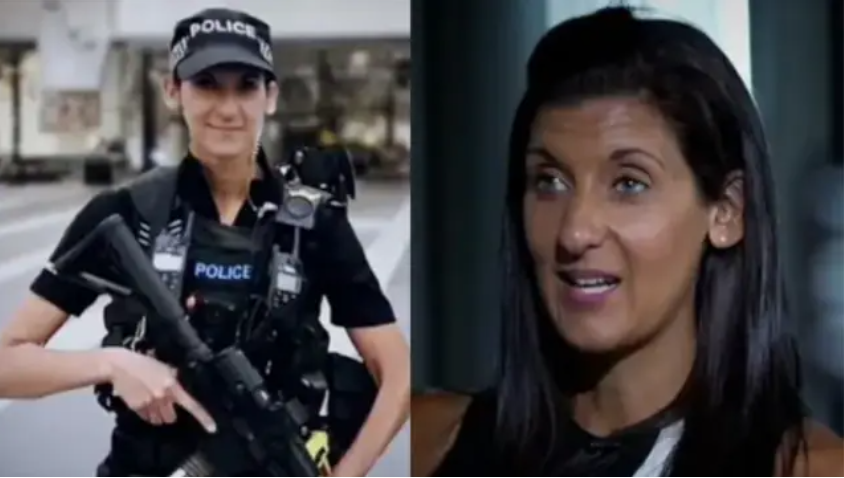Israel pounded Gaza on Saturday as the Palestinian territory suffered under a dire humanitarian situation and grappled with a telecommunications blackout on the 99th day of the war.
Fears of the conflict widening have grown after US and British forces struck pro-Hamas Huthi rebels in Yemen following attacks on Red Sea shipping, with a fresh US air strike confirmed Saturday.
Witnesses reported Israeli bombardment of Gaza in the early morning, and an AFP journalist said Friday that strikes and shelling had hit areas between Gaza’s southern cities of Khan Yunis and Rafah, crowded with people who have fled from the north.
All internet and telecommunications services in Gaza were cut Friday as a result of Israeli bombardment, the main operator Paltel said.
“Gaza is blacked out again,” it said in a post on social media platform X.
The Palestinian Red Crescent posted that the disruption was increasing the challenges in “reaching the wounded and injured promptly”.
Israel’s relentless bombardment of Gaza has killed at least 23,708 people, mostly women and children, according to the latest health ministry figures.
The war began when Hamas launched an unprecedented attack on October 7, which resulted in about 1,140 deaths in Israel, mostly civilians, according to an AFP tally based on official figures. The militant group also seized about 250 hostages.
UN aid agency OCHA’s head for the occupied Palestinian territories told AFP on Friday that Israel was constantly blocking humanitarian aid convoys into northern Gaza.
“They have been very systematic in not allowing us to support hospitals, which is something that is reaching a point of a level of inhumanity that for me is beyond comprehension,” Andrea De Domenico said.
In central Gaza, a lack of fuel forced the shutdown of the main generator of Al Aqsa Martyrs Hospital in Deir el-Balah, the health ministry said.
“Does anyone care about us? Why is everyone silent?” asked one mourner at a hospital where a group of Palestinians had gathered beside white body bags holding the latest casualties.
But the war didn’t stop Afnan and Moustapha from getting married in Rafah, near the border with Egypt.
“The house where the groom was supposed to live was destroyed, and as the war persisted, we thought it best for them to get married,” Ayman Shamlakh, the groom’s uncle, told AFP.
“We are all living through the same tragedy. However, we must continue to live, and life should go on.”
Mohamed Gebreel, father of the bride, said he had no doubts about going ahead with the ceremony.
“We are a people that love life despite death, murders and destruction,” he said.
Prime Minister Benjamin Netanyahu’s office said Friday a deal had been negotiated with Qatar to get medicine to hostages still being held in Gaza.
The deal “will allow the entry of medicines for the hostages held by the Hamas terrorist organisation in Gaza”, Netanyahu’s office said in a statement.
Israeli campaign group Hostages and Missing Families Forum released a report this week saying the captives were in poor health, some with complex illnesses, others with injuries.
A diplomat familiar with the negotiations told AFP that both sides had expressed a willingness to allow the delivery of medicines.
“The mediators are now in the process of finalising the details” of the type and quantities of medicines required, as well as the conditions for their delivery, the source said.
A source close to Hamas confirmed to AFP that talks had been held on allowing the entry of medicines, but that discussions were ongoing.
Israel criticised the UN human rights office for not reiterating its calls for the release of the hostages in a statement marking the looming 100th day of the conflict.
“A call for a ceasefire, without demanding the release of our hostages and the disarming of Hamas, is a call for terrorism to win,” its office in Geneva said.
The UN high commissioner for human rights, Volker Turk, has called repeatedly for the hostages to be freed.
In the occupied West Bank, Israeli troops killed three militants after they attacked a Jewish settlement, the army said.
It said there had been a “terrorist infiltration” in the Adora settlement, some 20 kilometres (12 miles) west of Hebron, and soldiers had come under fire.
The soldiers searched the area and “three assailants were identified and neutralised by the security forces”.
When questioned by AFP, the Israeli army confirmed the death of the three assailants, while the Palestinian agency Wafa identified them as a 19-year-old and two 16-year-olds.
AFP
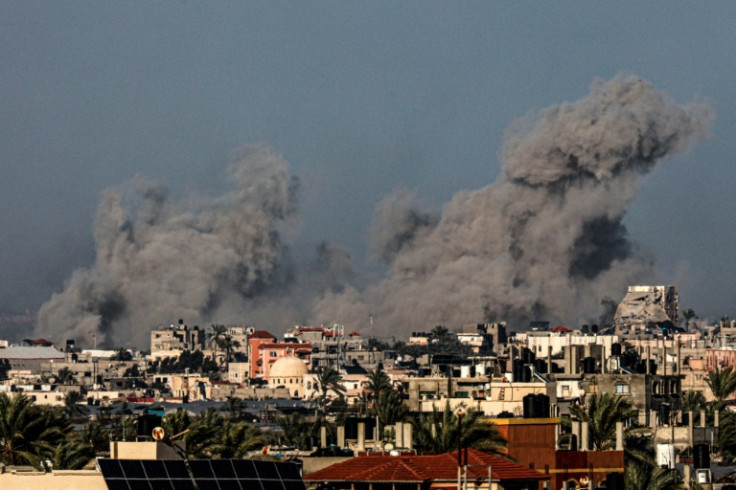
AFP
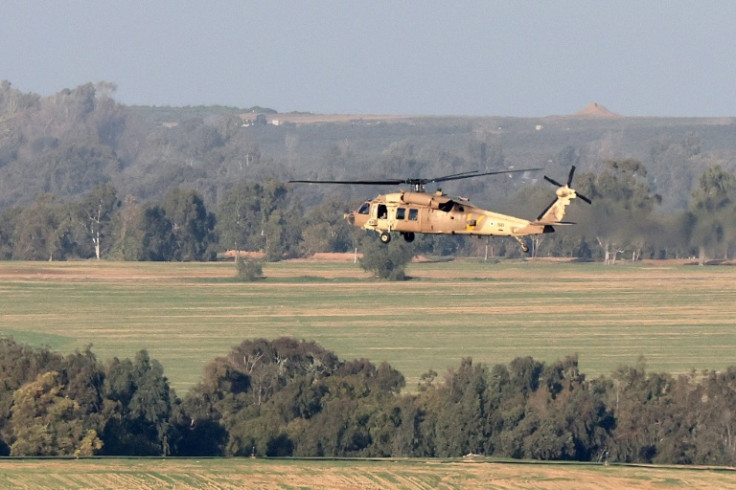
AFP
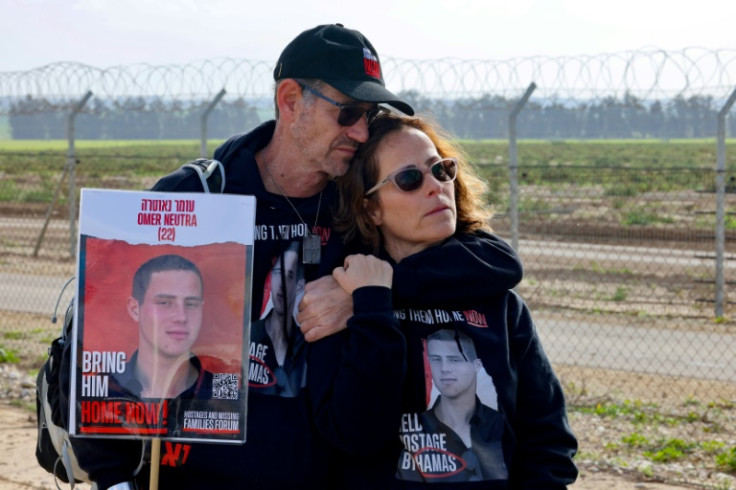
AFP
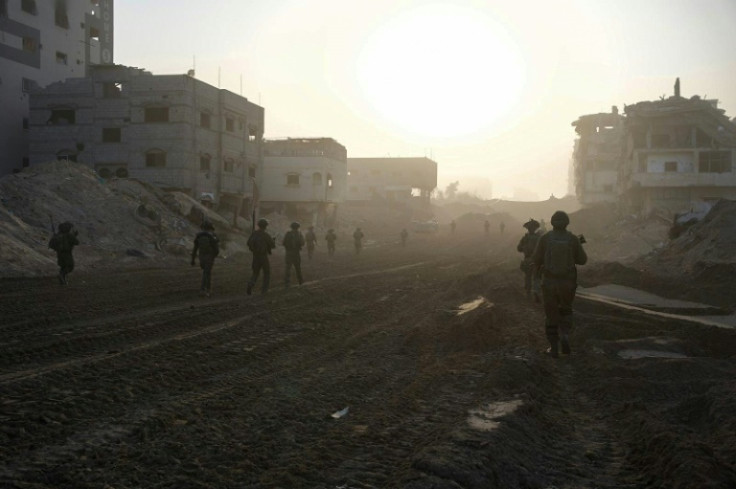
AFP

